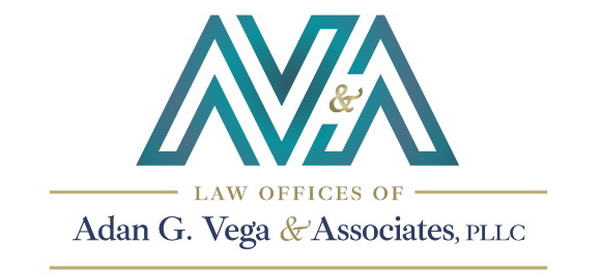Legislature:
Prominent examples of legislatures are the Houses of Parliament in London, the Congress in Washington DC, the Bundestag in Berlin, the Duma in Moscow, the Parlamento Italiano in Rome, and the Assembly Nationale in Paris. As per the principle of the representative government, people can vote for their selected politicians or leaders in order to carry out their wishes. Although there are some countries such as Greece, China, Israel, and Sweden are unicameral types, the majority of the countries are bicameral, which means that they have two different appointed legislative houses. In order to understand the rules related to j1 exchanges of the abogado de inmigracion houston, you can visit abogado de immigration en houston.
In the lower house, the politicians are elected to represent their smaller constituencies. The ‘upper house’ is usually elected to represent the states in a federal system (as in Australia, Germany, or the United States) or in a unitary system with different voting configurations (as in France). In the country UK, the upper house is elected by the government of a house of review. One criticism of the bicameral systems along with the two chambers that are elected is that the lower and the upper houses may simply copy each other.
The traditional justification for bicameralism is that an upper house serves as the house of review. This can reduce arbitrariness and injustice in government action. The majority of the members present in the legislature should vote for a bill (proposed law) in each house in order to pass the legislation. In a normal scenario, there should be several amendments and readings which are proposed by the different political factions. If a country’s constitution is strong, changes to the constitution may require a special majority, which makes it more difficult to change the law.
Military and Police:
When the organizations of the military have been functioning as long as the government itself, the concept of standing the police force is relatively a modern concept. For example, the system fo Medieval England of traveling criminal courts, or assizes which are used to show trials and public executions to instill communities to fear to maintain control. The first modern police were probably at the court of Louis XIV in 17th-century Paris, although the Paris Prefecture of Police claims they were the world’s first uniformed policemen.












